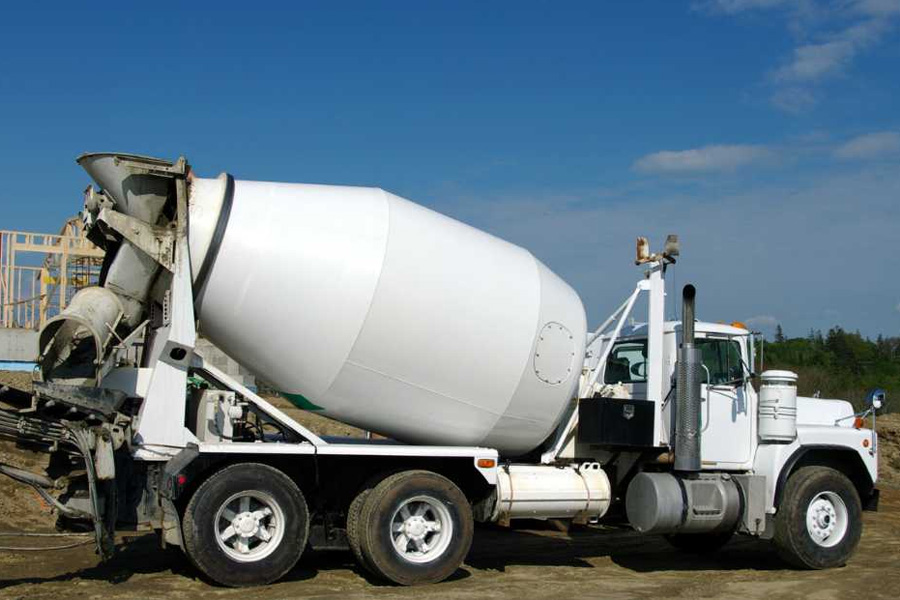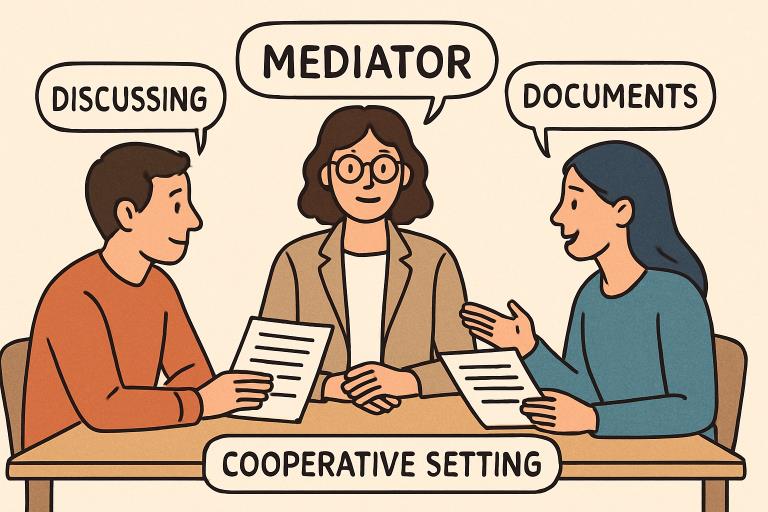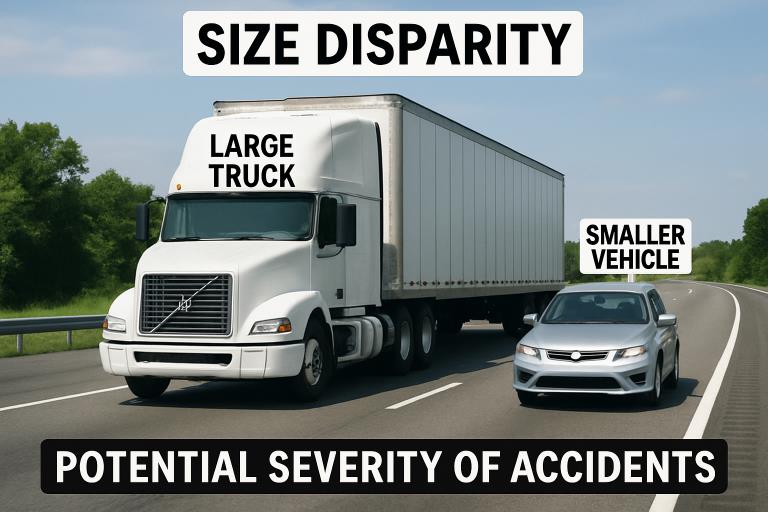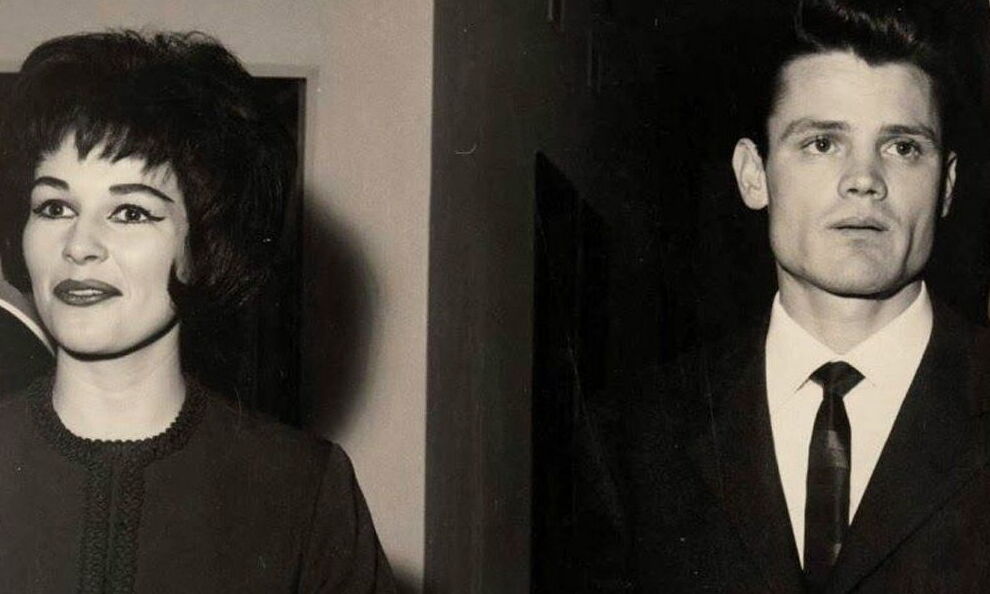Now Reading: What Victims Must Do After a Cement Mixer Truck Accident — and Why a Lawyer Often Matters
-
01
What Victims Must Do After a Cement Mixer Truck Accident — and Why a Lawyer Often Matters
What Victims Must Do After a Cement Mixer Truck Accident — and Why a Lawyer Often Matters

The roar of a cement mixer, the sudden crunch of metal — truck crashes have a cinematic way of turning ordinary days into chaos. Beyond the shock and sirens, there’s a practical playbook that protects your health, your story, and your legal rights. Below, I walk you through the steps victims should take after a cement mixer truck accident, explain what experienced truck attorneys actually do, and flag the common missteps people make when the dust settles.
First Priority: Safety and the Crash Scene
The immediate scene is part emergency, part evidence room. First, move to a safe spot if you can, and keep others out of harm’s way until responders arrive. Calling the police is essential — their report becomes an official account of the crash and often contains details that matter later: time, location, parties involved, and officer observations.
If you’re able, document what you can without putting yourself at risk. Photography and quick notes capture fresh details that fade fast: vehicle positions, skid marks, nearby signs, and obvious damage. Those frozen moments are the raw material for any later claim.
Get Medical Attention — Even If You Feel “Okay”
In a crash this violent, some injuries don’t announce themselves right away. Internal trauma, whiplash, and concussions may show symptoms hours or days later. Seeing a doctor promptly creates a contemporaneous medical record linking your injuries to the accident, which both protects your health and preserves evidence for any insurance or legal process.
Medical records become one of the most persuasive pieces of proof you’ll have. They establish timelines, treatments, and the seriousness of injuries in a language insurance companies and courts understand.
Gather Evidence: What to Collect at the Scene
Good evidence is both wide and specific. Take clear photos of the vehicles, license plates, the mixer’s drum, road conditions, and traffic-control devices. Write down the chain of events while the memory is fresh — small details matter. Collect contact info for witnesses and exchange information with the truck driver: license, insurance, company name, and vehicle identifiers.
Preserve physical evidence when possible, and back up digital evidence — photos, texts, and any dashcam footage — because these items often disappear or are altered over time.
Calling a Truck Accident Lawyer — When and Why
A truck case is not just a car case wearing a different hat; it’s a different animal. Trucking companies, federal regulations, logbooks, and maintenance records all enter the frame. Speaking with a lawyer early helps prevent missteps: incorrect statements to insurers, missed filing deadlines, or accidental loss of evidence.
Attorneys act as investigators, negotiators, and gatekeepers. They protect your rights while you focus on healing, and they translate complicated legal and regulatory issues into actionable steps for your claim.
How Lawyers Investigate What Really Happened
Seasoned truck attorneys go beyond the surface. They subpoena driver logs, maintenance records, cargo manifests, and electronic data from the vehicle. They often consult accident reconstructionists and safety experts to explain how speeds, braking, load distribution, or mechanical failure contributed to the crash.
This investigative depth turns ambiguity into a narrative that can identify responsible parties: the driver, the company that hired them, the vehicle manufacturer, or a maintenance provider.
Handling Insurance Companies and Settlement Talks
Insurers often open with quick, low settlement offers to resolve cases before liability is fully developed. Lawyers know the tactics and the math behind real damages. They prepare demand packages that quantify medical costs, lost wages, future care, and non-economic harms like pain and suffering, then push back on undervalued offers.
Having an attorney in negotiations reduces the risk of saying something that harms your claim and increases the odds of reaching a settlement that truly reflects the losses you suffered.
The Legal Path: What to Expect Procedurally
Large truck cases can involve overlapping laws — state tort rules and federal trucking regulations — which makes the process procedurally dense. From filing initial pleadings and discovery to depositions and potentially trial, the path can be long and document-heavy. A lawyer keeps the case on track and ensures all filings meet legal standards and deadlines.
This process also unearths documentary proof and witness testimony that often changes the shape of settlement talks or trial strategy.
What Victims Can Recover Legally
Compensation in truck crashes usually covers medical expenses, property damage, lost earnings, and diminished earning capacity when injuries affect future work. Pain and suffering and, in certain cases, punitive damages for particularly reckless conduct may also be pursued.
A lawyer’s role is to translate injuries and losses into concrete numbers and persuasive stories that reflect the full scope of harm — not just the immediate bills.
Common Mistakes to Avoid After a Crash
People often accept the first insurance offer, delay medical care, or fail to preserve evidence — and those choices can cripple a claim. Saying too much to an insurer or posting details on social media can also undermine your position. Timely legal consultation helps avoid those traps and keeps your case intact.
Why Hiring a Lawyer Makes a Difference
Cement mixer truck cases involve scale, regulation, and corporate resources that most individuals aren’t equipped to handle alone. An attorney brings specialized knowledge, investigative resources, and negotiation experience that level the playing field. They make strategic decisions about when to settle and when to fight, always aligned with your best interests.
A lawyer lets you focus on recovery while they manage the legal labyrinth — from unwrapping records to arguing the value of future medical care in settlement talks.
FAQ
When should I see a doctor after a cement mixer accident?
See medical care as soon as possible, even if you feel fine, because some injuries show up later and early records strengthen any future claim.
Do I need a lawyer for a truck crash?
While not mandatory, a lawyer experienced in truck cases is highly recommended due to regulatory complexity and powerful insurance defenses.
What evidence is most important to collect at the scene?
Photos of vehicle damage and the scene, witness contact details, and the truck driver’s and company’s information are essential starting points.
Can I talk to the insurance company myself?
You can, but it’s risky; insurers may use your words to devalue your claim, which is why legal representation is often safer.
What types of compensation can I recover?
You can pursue medical costs, lost wages, vehicle damage, pain and suffering, and in some cases, punitive damages for egregious conduct.
How long does a truck accident case take?
Timelines vary widely depending on investigation complexity, insurance negotiations, and whether a lawsuit is necessary, so cases can span months to years.





















